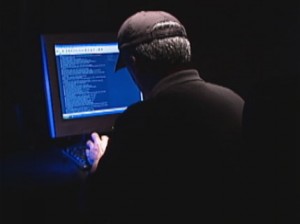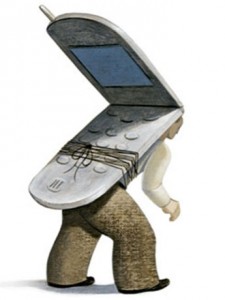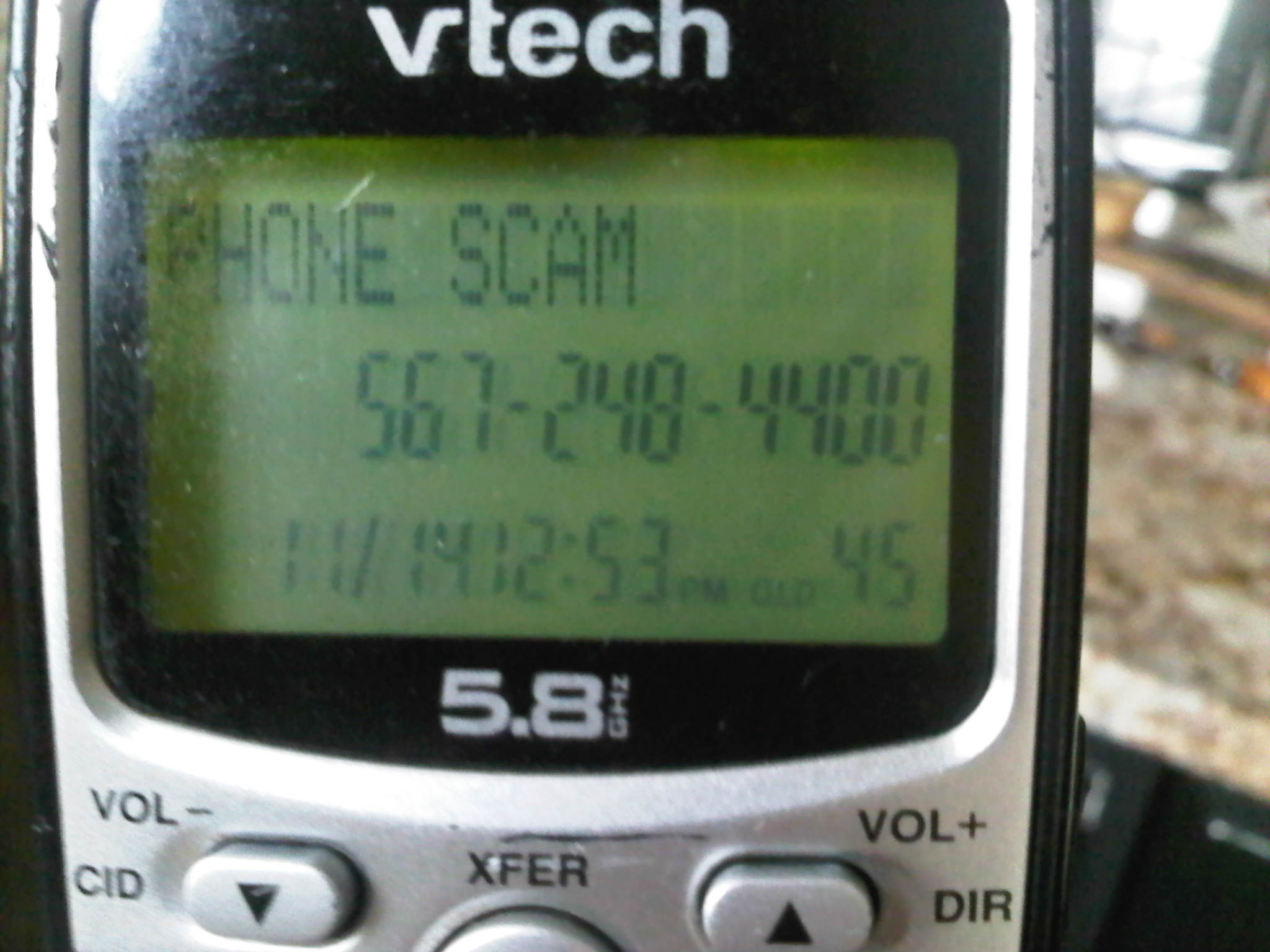Vishing is a scam method that involves the use of voice over Internet protocol (VoIP) in order to make people believe that they are interacting with a legitimate business. This way the victims will turn over personal information which will lead to very negative consequences. There are many steps that consumers can take in order to avoid becoming victims of this scam.
 There are different forms of vishing scams. In one of them the scammer uses caller identification spoofing to make a VoIP phone number look like a legitimate, recognized number. It is important to know that both the number and the name associated with it can be changed with some programs. By using this sophisticated technique, the scammers’ calls seem to be originating from a reliable institution. Since VoIP is cheap, scammers are able to dial hundreds or thousands of numbers at once. When they make contact, they tell the person on the other end that an account has been compromised. For this reason they ask for verifying information such as account numbers and personal identification numbers.
There are different forms of vishing scams. In one of them the scammer uses caller identification spoofing to make a VoIP phone number look like a legitimate, recognized number. It is important to know that both the number and the name associated with it can be changed with some programs. By using this sophisticated technique, the scammers’ calls seem to be originating from a reliable institution. Since VoIP is cheap, scammers are able to dial hundreds or thousands of numbers at once. When they make contact, they tell the person on the other end that an account has been compromised. For this reason they ask for verifying information such as account numbers and personal identification numbers.
There are other forms of vishing scams that include sending out an email pretending to be from a financial institution or another credible entity. Then the scammer directs people to call a phone number and provide information when prompted. The phone number dials through to a VoIP account that generally uses a recording to prompt the caller to submit valuable information, such as account and identification numbers. As soon as the data is collected, the visher will use it in a wide variety of illegal transactions.
Vishing is generally used in identity theft, scams which most of the time are intended to clean out bank accounts. Scammers take advantage of the fact that several consumers are more cautious about possible dangers in emails, but trust phones, especially landline phones. Many people consider that the phone service is associated to a physical address and a real person and people assume that phone calls are genuine and authentic, thus reliable.
Scammers take advantage of the fact that several consumers are more cautious about possible dangers in emails, but trust phones, especially landline phones. Many people consider that the phone service is associated to a physical address and a real person and people assume that phone calls are genuine and authentic, thus reliable.
If someone calls you claiming to represent a bank, be sure to call the financial institution directly. Explain that you are going to hang up and dial the institution’s direct number. If you receive an email claiming to be from a financial institution, do not reply to it and never follow the link that is provided either. You should call the institution directly using the number printed on statements. If vishing scammers have access to credit cards or bank accounts, they will surely clean you out. The most important thing to remember is to never call the number listed on any potential vishing scam calls.
Scammers usually work from a list of regional phone numbers or even from a phone book, but what they mainly do is call everyone they can and leave an automated message saying the person’s credit card or bank account has been compromised, cleared out or closed. When this process is done by email it’s called phishing, instead of vishing.
Remember that you should always report vishing scam attempts to your bank or to the appropriate authorities.

